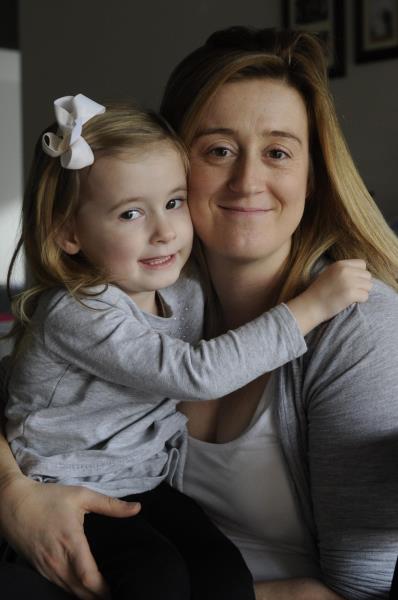
By ANEEKA SIMONIS
LOCAL organ donors are spruiking for greater registration numbers following news of a Federal Government review into the current, underperforming organ donation system.
Pakenham mum Emily Smith said becoming an organ donor was a no-brainer decision that may give someone else the gift of life.
“I don’t know what happens after death, but what I do know is my organs won’t be coming with me so what is the point of letting them go to waste when there are people that need them?” she posed.
The mother of two said the future holds no guarantees and she’d hope, if a member of her family needed an organ, the option would be available to them.
“I don’t want to add to the heartache that those families feel while waiting for a donor match,” she said.
“Heaven forbid that one day any of my family members are faced with needing an organ donation and having to be put on a waiting list due to the lack of organ donations.
“How frustrating and upsetting to have to sit and wait just hoping for a match.”
Assistant Health Minister Fiona Nash ordered an independent investigation into transplant rates, citing they “have not increased as quickly as intended” despite the $250 million investment since 2008.
According to most recent Organ and Tissue Authority annual report, the number of people whose organs were donated when they died was 12.1 per million people in 2008 but had only risen to 16.1 per million last year.
More than 1100 people received an organ nationally last year – far fewer than the number of Australians who needed a transplant.
Senator Nash said the review intends to identify further measures that could help improve national organ donation rates.
Suggestions have been made that Australia should move toward an opt-out system where people are automatically made donors unless they ask to be removed.
Countries that use the opt-out system have a higher rate of organ or tissue donation than in Australia, a report by the Australian Medical Students’ Association (AMSA) found.
Ms Smith endorsed the idea.
“I think many people don’t mind the idea of being an organ donor but they never actually get around to registering.
“It doesn’t directly affect them, so they don’t go out of their way to register,” she said.
Fellow Pakenham resident Peter Guild went further than registering his organs, instead, choosing to have his body donated for the use of medical research.
He hopes his body, promised to Melbourne University’s medical school, may help make meaningful discoveries that will help future generations.
“It’s all very well to do medical research by way of blood samples and CAT scans or experiment on rats and monkeys, but there would be nothing better than carrying out research on a human body,” he said.
He believes it is one of the best parting gifts someone could give after they are gone.
Senator Nash said a further hurdle in successful organ transplants is the power families have to override the expressed wishes of their deceased loved one.
“I’m concerned that when people have made the decision to donate… (families) make the decision that is against the wishes of the person that has decided to donate,“ she said.
Breakfast news presenter David Koch publicly resigned from his position as chairman of the Organ and Tissue Authority’s advisory council after revealing he was not made aware of the review.
To register as an organ donor, visit www.donatelife.gov.au.






